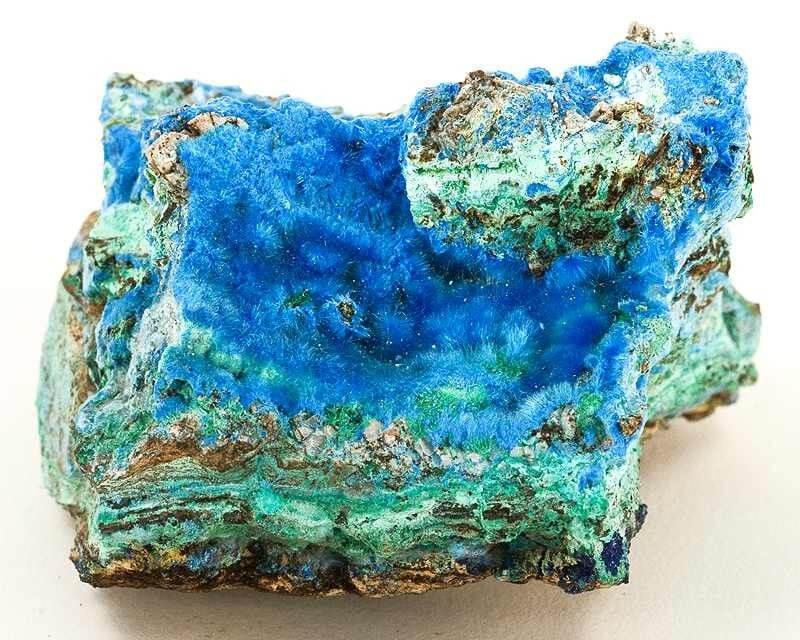In the realm of geology, the study of rocks encompasses a vast array of fascinating discoveries. Among these, some rocks stand out for their exceptional hardness, defying the forces of nature and captivating the imagination of scientists and enthusiasts alike. In this article, we delve into the depths of the Earth to uncover the top 5 hardest rocks in the world, shedding light on their unique properties and geological significance.
- Diamond:
Renowned for its unparalleled hardness, diamond reigns supreme as the hardest rock on Earth. Composed of carbon atoms arranged in a crystal lattice structure, diamond owes its exceptional hardness to the strong covalent bonds between these atoms. Its remarkable resistance to scratching and ability to cut through other materials have made it invaluable in various industries, including jewelry, cutting tools, and industrial applications. - Quartzite:
Derived from sandstone through intense heat and pressure, quartzite emerges as one of the toughest rocks known to man. Its high quartz content and interlocking grain structure contribute to its exceptional hardness. Quartzite's durability and resistance to chemical weathering make it a preferred choice for construction materials, including countertops, flooring, and wall cladding. - Corundum:
With a hardness second only to diamond, corundum showcases its formidable strength. Composed primarily of aluminum oxide, this rock is renowned for its gemstone varieties, namely ruby and sapphire. Corundum's hardness, coupled with its vibrant colors, has made it highly sought after in the jewelry industry. Additionally, its industrial applications include cutting and grinding tools, as well as abrasives for various purposes. - Granite:
Widely recognized for its beauty and durability, granite also boasts impressive hardness. Formed from the slow crystallization of magma deep within the Earth's crust, granite's interlocking mineral crystals contribute to its robustness. Its resistance to scratching, heat, and chemical erosion has made it a popular choice for countertops, flooring, and monumental structures. - Obsidian:
While not as hard as the previous rocks on this list, obsidian's unique properties earn it a well-deserved spot. Formed from rapidly cooled lava, obsidian lacks a crystalline structure, making it a natural glass. Despite its relatively lower hardness, obsidian's sharpness and ability to produce razor-like edges have made it historically significant for tools, weapons, and artistic purposes.
Conclusion:
From the unparalleled hardness of diamond to the intriguing properties of obsidian, the world of rocks never ceases to amaze. Understanding the top 5 hardest rocks not only provides insight into their geological origins but also highlights their practical applications in various industries. Whether adorning our fingers as precious gems or shaping our surroundings as construction materials, these rocks remind us of the enduring strength and beauty found within the Earth's crust.




